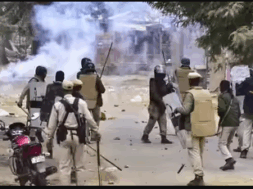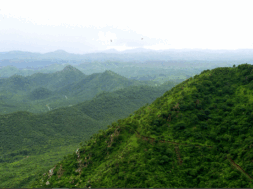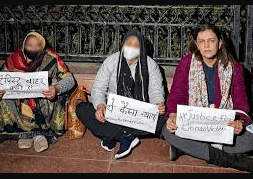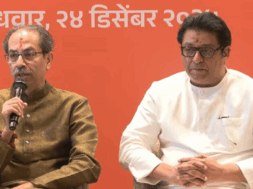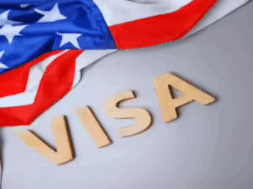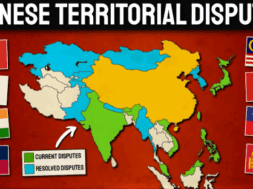
Roving Periscope: With a Kashmir rider, Pak invites PM Modi for SCO Summit in October
Virendra Pandit
New Delhi: As expected, Pakistan has invited Prime Minister Narendra Modi, with a Kashmir rider, to attend the upcoming Shanghai Cooperation Organisation (SCO) meeting in Islamabad scheduled for October 2024.
The SCO Summit will take place soon after the ongoing Assembly elections in Jammu and Kashmir, to be from September 18 to October 1, the first Vidhan Sabha polls after the abrogation of Article 370 on August 5, 2019.
Pakistan is trying to resurrect this dead issue and derail the electoral process not only by pushing more terrorists into the border states regularly but also by repeatedly using the Kashmir rider to boost the morale of the remaining separatists in that state.
Islamabad will host the SCO heads of government meeting on October 15 and 16, Mumtaz Zahra Baloch, Foreign Office spokesperson, said in Islamabad on Thursday, the media reported.
She said Pakistan’s foreign secretary, during the 50th Session of the Council of Foreign Ministers in Yaoundé, Cameroon, from August 29 to 30, will present Islamabad’s “perspective on Gaza and Jammu and Kashmir” there.
The main event will be preceded by a ministerial meeting, along with multiple rounds of senior officials’ meetings focusing on financial, economic, socio-cultural, and humanitarian cooperation among SCO member states.
During a weekly press briefing, Baloch confirmed that invitations have been sent to the heads of state of all member countries to participate in the meeting.
“An invitation has also been sent to the Prime Minister of India, Narendra Modi,” she was quoted as saying, adding that several countries have already confirmed their participation in the event. “It will be informed in due course which country has confirmed,” she added.
The SCO is an intergovernmental organization established in 2001 by China, Russia, Kazakhstan, Kyrgyzstan, Tajikistan, and Uzbekistan. In 2017, it was expanded to include India and Pakistan, and Iran was added as a member in 2023, bringing the total number of member states to nine. Its objective is to foster cooperation and peace among its member states while promoting “a new democratic, fair, and rational international political and economic order.”
But India, the world’s largest democracy, is the only and truly democratic nation in the SCO.
Pakistan’s invitation comes at a time when its sponsored terrorists, affiliated with the Pakistan-backed terrorist group Jaish-e-Mohammad (JeM), have conducted multiple attacks in the Jammu region in recent months to revive terrorism in the border state.
In May 2023, Pakistan’s then-foreign minister, Bilawal Bhutto Zardari, visited Goa, India, to participate in the two-day meeting of the SCO’s Council of Foreign Ministers. He was the first Pakistani foreign minister to visit India in nearly 12 years.
At that time, in a sharp rebuttal to his uncalled-for remarks, External Affairs Minister S. Jaishankar referred to his Pakistani counterpart as a “promoter, justifier… and spokesperson of a terrorism industry, which is the mainstay of Pakistan.”
Dr. Jaishankar had strongly criticized Pakistan on various fronts and questioned Bilawal’s credibility in addressing terrorism-related issues.
The EAM’s remarks came after Bhutto, during his address at the SCO’s Council of Foreign Ministers Meeting in Goa, advocated for the China–Pakistan Economic Corridor (CPEC) as central to regional connectivity, and also warned against “getting caught up in weaponizing terrorism” or using it to gain diplomatic leverage.
“Pakistan’s credibility is depleting even faster than its forex reserves,” Dr. Jaishankar stated during a press briefing following the SCO meeting.
Pakistan’s stance on terrorism and regional connectivity had been “called out” during the SCO meeting, which included foreign ministers from China, Russia, Pakistan, India, Kazakhstan, Kyrgyzstan, Tajikistan, and Uzbekistan, the EAM had said.
The SCO also has three observer states — Mongolia, Belarus, and Afghanistan (currently inactive) — and fourteen dialogue partners, including Sri Lanka, Turkey, Cambodia, Azerbaijan, Nepal, Armenia, Egypt, Qatar, Saudi Arabia, Bahrain, Kuwait, Myanmar, the Maldives, and the United Arab Emirates.

